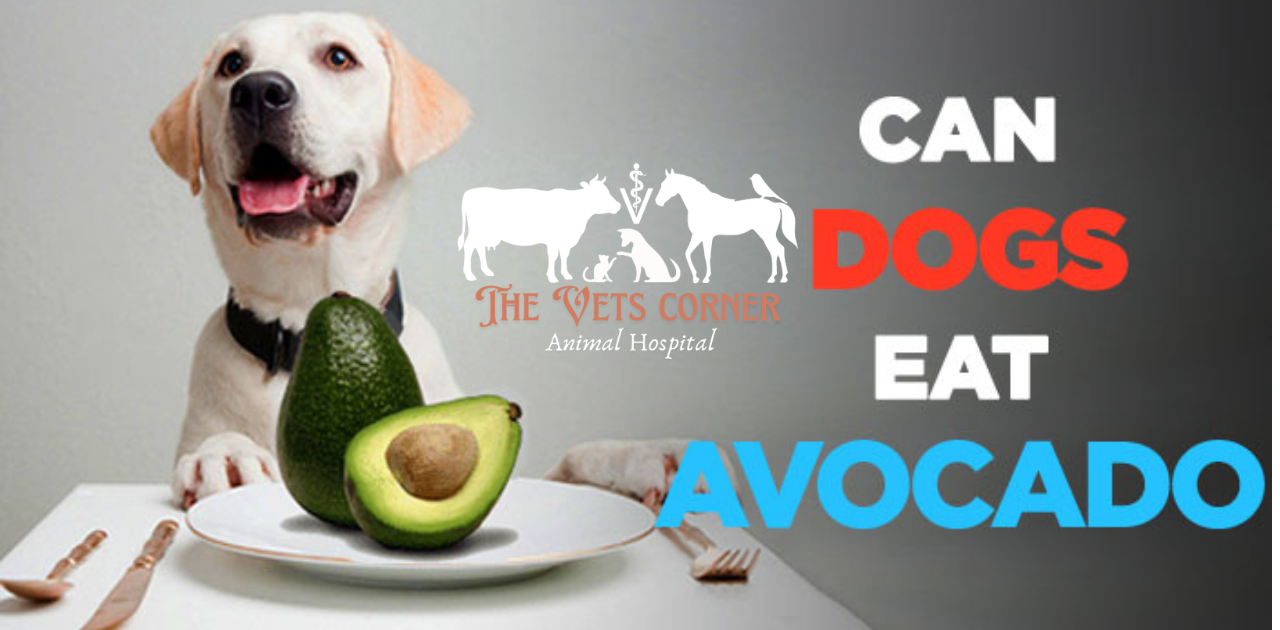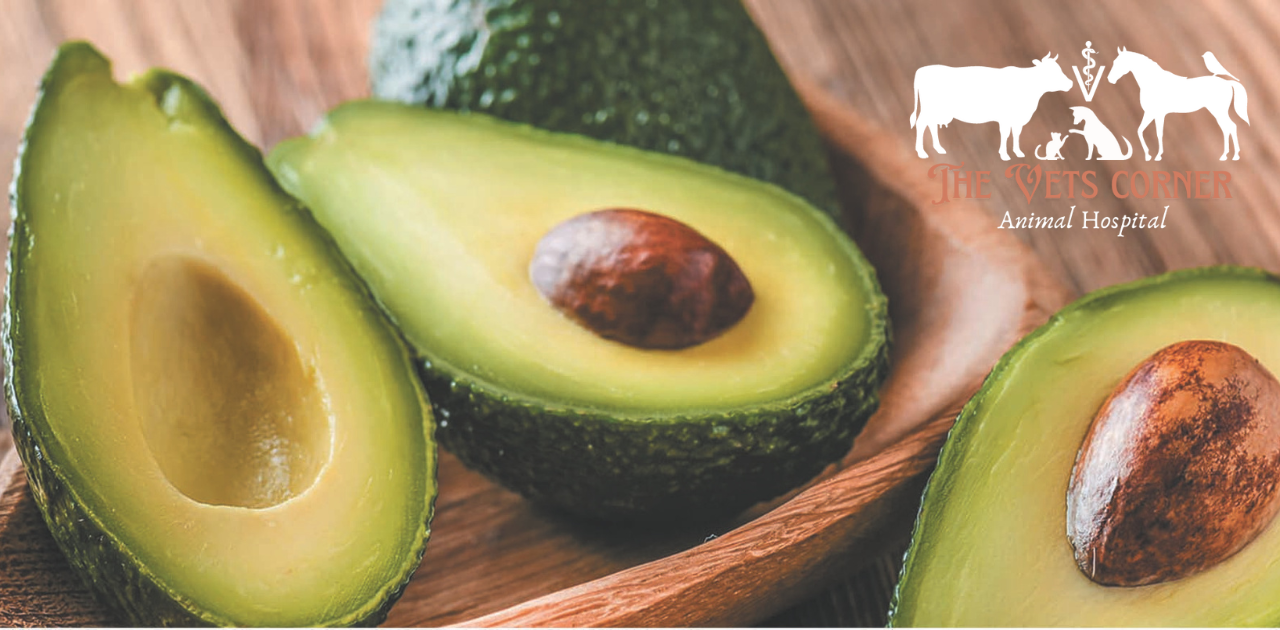
Many of us love avocados for their creamy texture and healthy fats, but can dogs eat avocado? As a dog owner, you’re probably familiar with the long list of foods that are safe and unsafe for your dog. One food that often confuses is avocado. Avocado is a fruit, often referred to as a “superfood,” rich in healthy fats, vitamins, and minerals. It’s widely popular among humans for its nutritional benefits and is often found in salads, sandwiches, and even smoothies. But when it comes to feeding avocados to dogs, there’s some important information you need to know.
In small quantities, certain parts of the avocado can be safe for dogs. However, not all parts of the avocado are suitable for your dog to consume. Here’s a breakdown of what you need to know before sharing avocado with your dog.
However, too much avocado flesh can cause digestive upset because of its high fat content.
The pit is a different story. The large seed in the center of the avocado can be a choking hazard and can potentially cause a blockage in the digestive tract if swallowed. It’s crucial to keep the pit far away from your dog.
The skin of the avocado contains a substance called persin, which can be toxic to dogs in large amounts. While small amounts of persin aren’t likely to cause severe harm, it’s best to avoid feeding avocado skin to your dog.
Like the skin, avocado leaves and stems contain persin and should be avoided.

When given in small, controlled amounts, the flesh of the avocado can provide some health benefits for dogs. Avocados are rich in healthy fats, which are excellent for your dog’s coat, skin, and overall energy levels. It is packed with vitamins A, B6, C, and E, which can contribute to your dog’s health in various ways. The avocado fiber can help digestion and keep your dog’s gut healthy. It contains antioxidants that can boost your dog’s immune system and help fight diseases.
Despite the benefits, there are risks associated with feeding avocado to dogs. Too much avocado can lead to stomach upset, vomiting, or diarrhea due to its high-fat content. Because of the high fat levels in avocados, feeding your dog too much can increase the risk of pancreatitis, a painful inflammation of the pancreas. The avocado pit is a serious choking hazard and can cause blockages if swallowed. Though rare, some dogs may be allergic to avocados. Always start with a small amount and monitor your dog for any adverse reactions.
If you’re hesitant about feeding avocado to your dog, there are plenty of healthy alternatives that are safe and beneficial:
Pumpkin:
Dogs can eat pumpkins, and it offers several health benefits. Rich in fiber, pumpkin helps with digestion and can relieve both diarrhea and constipation. It’s also full of vitamins like A and C, which boost your dog’s immune system and promote healthy skin and coat.
Sweet Potatoes:
Dogs can eat sweet potatoes, and they are a great source of nutrition. Packed with vitamins A, B6, and C, sweet potatoes support eye health, boost the immune system, and promote healthy skin and coat. They’re also rich in fiber, aiding in digestion and overall gut health for dogs.
Blueberries:
Dogs can eat blueberries, and they are a fantastic healthy snack. Blueberries are rich in antioxidants, which help fight free radicals and support overall cellular health. They are also low in calories and packed with fiber and vitamins C and K, promoting a strong immune system and healthy digestion.
Carrots:
Dogs can eat carrots, and they offer several health benefits. Carrots are rich in beta-carotene, which supports eye health and boosts the immune system. Their crunchy texture also helps clean your dog’s teeth, promoting better dental health while providing a low-calorie, nutrient-packed snack.

Can Dogs Eat Avocado? The answer is yes but with caution. While the flesh of the avocado can be safe for dogs in small amounts, the pit, skin, and other parts of the avocado should be strictly avoided. It’s important to remember that moderation is key, and if you’re ever in doubt, it’s always best to consult with your veterinarian before introducing any new food to your dog’s diet. When in doubt, opt for safer, dog-friendly fruits and vegetables that can provide similar health benefits without the risk.
Persin is a fungicidal toxin found in avocados. While it’s harmless to humans in small quantities, it can be toxic to animals, including dogs. Persin is present in the leaves, skin, and pit of the avocado. In large doses, it can cause vomiting, diarrhea, and in extreme cases, heart problems.
However, the flesh of the avocado contains very low levels of persin, which is why small amounts of the fruit itself are generally safe for most dogs.
Guacamole is a popular dip made from mashed avocados, but it’s not safe for dogs. This is because guacamole often contains other ingredients that are toxic to dogs, such as onions, garlic, and spices. Even if your dog loves the taste of guacamole, it’s best to avoid letting them have any. These ingredients can cause digestive upset, vomiting, and in severe cases, organ damage.
If you decide to give your dog avocado, moderation is key. A small slice of avocado or a spoonful of mashed avocado should be more than enough as an occasional treat. Always remove the skin and pit before offering avocado to your dog.
If your dog consumes a small amount of avocado flesh, they will likely be fine. Monitor them for any signs of digestive upset such as vomiting, diarrhea, or lethargy. If they show any signs of distress, it’s a good idea to contact your vet.
However, if your dog eats the pit, skin, or a large amount of avocado, you should consult your veterinarian immediately. The risk of toxicity or blockage increases with larger quantities or ingestion of the pit.